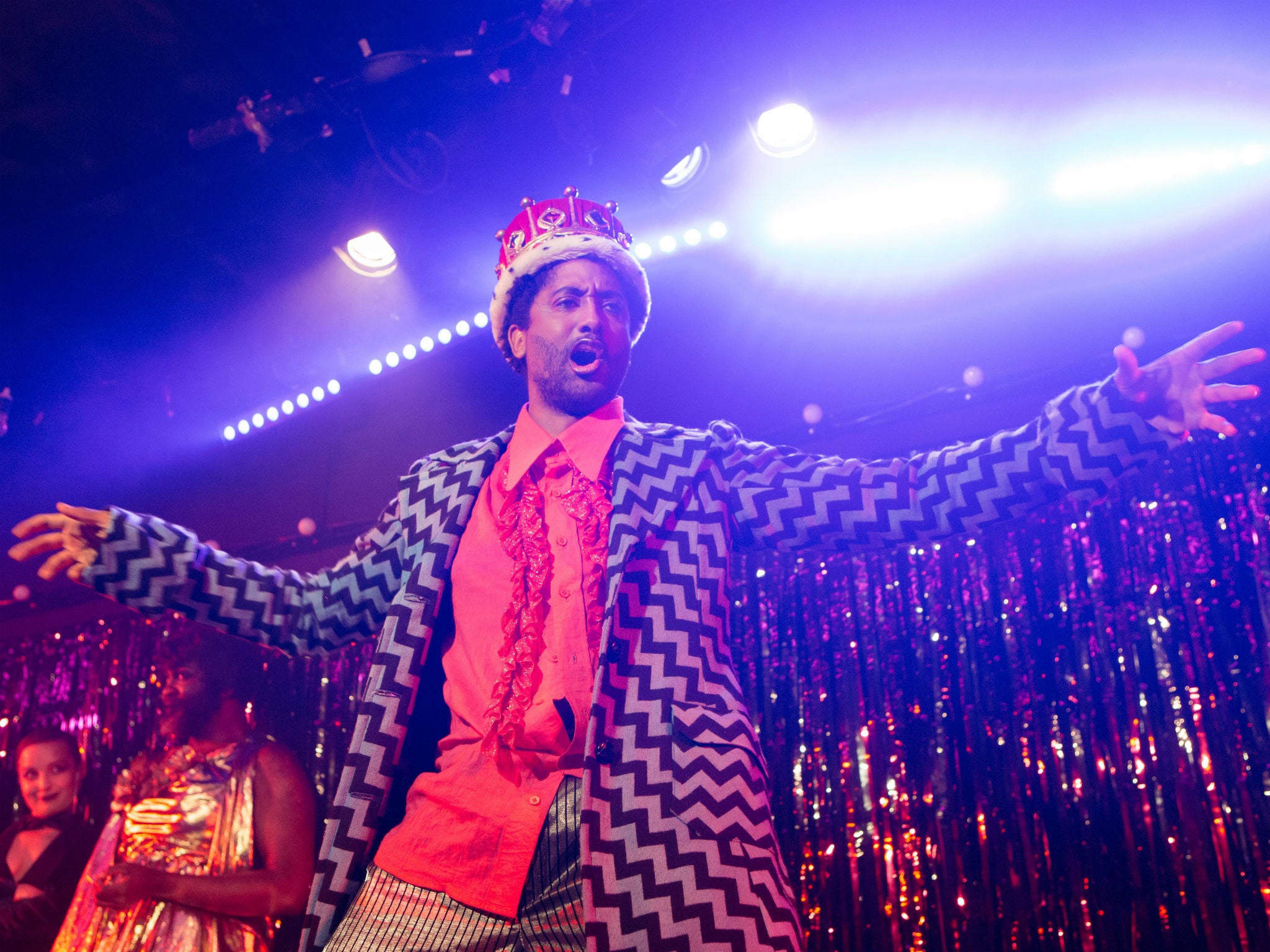Effigies of Wickedness, Gate Theatre, London, review: A remarkable cabaret of 'degenerate' songs banned by the Nazis
A collaboration with the English National Opera results in an immensely gifted cast that straddle cabaret and opera

Your support helps us to tell the story
From reproductive rights to climate change to Big Tech, The Independent is on the ground when the story is developing. Whether it's investigating the financials of Elon Musk's pro-Trump PAC or producing our latest documentary, 'The A Word', which shines a light on the American women fighting for reproductive rights, we know how important it is to parse out the facts from the messaging.
At such a critical moment in US history, we need reporters on the ground. Your donation allows us to keep sending journalists to speak to both sides of the story.
The Independent is trusted by Americans across the entire political spectrum. And unlike many other quality news outlets, we choose not to lock Americans out of our reporting and analysis with paywalls. We believe quality journalism should be available to everyone, paid for by those who can afford it.
Your support makes all the difference.The Gate Theatre has teamed up with English National Opera to present this remarkable cabaret-style show of songs banned by the Nazis. The title comes from a speech made by the curator of the “Entartete Musik” (Degenerate Music) exhibition that opened in Dusseldorf in 1938.
To celebrate “national music”, the Nazis had set up listening booths where visitors – as a deterrent – could hear examples of the despised “un-German” musical styles: including atonal composition and operetta, but especially work by Jewish composers and jazz which was dismissed as “nigger music”.
I wish I could say that it beggars belief that the patrons of this event clumped around it en masse in regimented contempt for the cultures on display. The opening to Effigies of Wickedness – beautifully directed by Ellen McDougall – is, by contrast, a strange and beguiling paean to gaudy plurality.
As they weave through the audience, the four performers sing “The Lavender Song”, a wonderful 1920 number by Mischa Spoliansky (a name new to me). “We are the bugs that grow a little different,” it begins intriguingly – swelling to: “We are a garden flourishing and growing/Where every colour is its own loud burst.”
The song is reprised with haunting harmonies at the end (the ace arrangements are by Colin Buckeridge). In the intervening 90 minutes, the show takes you on an eloquently constructed emotional journey, veering between the sort of songs that, in the Twenties and early Thirties, continued to celebrate difference with febrile high spirits and the darker numbers that addressed directly the new repressive legislation. And then, just when you think its over, it hits you with three songs that are quite devastating in their cumulative effect.
The production is able to do this because the talents of its immensely gifted cast straddle cabaret and opera. As the would-be siren hobbled by her own split dress, Lucy McCormick is hilarious in “Sex Appeal”, the 1930 Friedrich Hollaender song, and she’s dab at the comic interaction with the audience that is such a feature of the show. But she brings a shocking, mountingly manic intensity to “Paragraph 218 (Abortion is Illegal)”, the 1929 Brecht/Eisler song in which a poor, pregnant girl remonstrates with authority about this latest law and is told: “You’re going to be a lovely little mother/You’re going to make a lump of cannon fodder.”
Similarly, Le Gateau Chocolat, the bulky, bearded baritone-diva is the spirit of comic subversion made flesh yet he can hush the house with the total, undefended sincerity of the way he renders his serious songs here – an aching dream-vision of a just Germany, gnawed at by a chorus that keeps telling him he’s “liar, liar, liar”, and a lovely tonight-or-never romantic number, sung by a man on the eve of becoming a refugee.
The mezzo-soprano Katie Bray is in soul-searing form in her climactic delivery of “The Ballad of Marie Sanders” written by Brecht and Eisler in response to the Nuremberg Laws of 1935 which forbade sexual relations between Jews and “Aryans”.
The idea for the show came from distinguished baritone Peter Brathwaite who is an expert in the field and has performed solo concerts from this repertoire. Here he not only sings like a dream but the show seems to infused by his spirit – playful and learned, flexible but never cheap. And very much not above messing around in the dressing-up box. Another of these cabarets soon, please.
Until 9 June (gatetheatre.co.uk)
Join our commenting forum
Join thought-provoking conversations, follow other Independent readers and see their replies
Comments